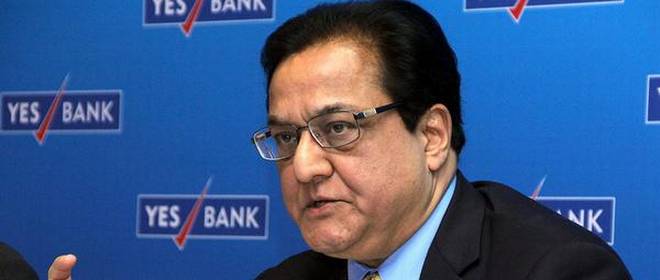Financing arrangements across the Adani Group conglomerate have sent a fresh chill through Environmental, Social and Governance (ESG) markets as investors wake up to a new risk.
The largest pension fund in Norway, KLP, recently sold all of its interests in the renewable energy division of the Adani Group, Adani Green Energy Ltd, over worries that the stock may have unintentionally assisted in funding some of the most polluting activities in the world.
Adani is using stock from its Green firms as security in a credit arrangement that is helping to finance the Carmichael coal mine in Australia, through Adani Enterprises Ltd., according to a public filing issued on February 10.
KLP has blacklisted coal from its portfolio, so any indirect financing of the Carmichael project would represent a “breach of our commitments,” Kiran Aziz, KLP’s head of responsible investing, said in an interview to Bloomberg.
Ever Since short-seller Hindenburg Research report published its critical report on January 24, investors have responded to its allegations of fraud and market manipulation by selling Adani shares. But for investors with environmental, social and governance mandates, there’s an added layer of pain as they realize their green dollars were indirectly supporting the dirtiest of fossil fuels.
“Investments in other parts of the adani group are leaking into the funding of Carmichael,” said Ulf Erlandsson, chief executive of Anthropocene Fixed Income Institute, which has been tracking the Adani Group since mid-2020. “Investors who have restrictions on funding greenfield thermal coal mining should revisit potential exposures across the whole of Adani Group.”
More than 500 funds registered in the European Union as “promoting” ESG goals hold Adani stocks, either directly or indirectly, according to data compiled by Bloomberg.
A Bloomberg report said that an Adani spokesperson didn’t respond to its request for comment. The conglomerate has repeatedly denied the allegations in the Hindenburg report and threatened legal action.









